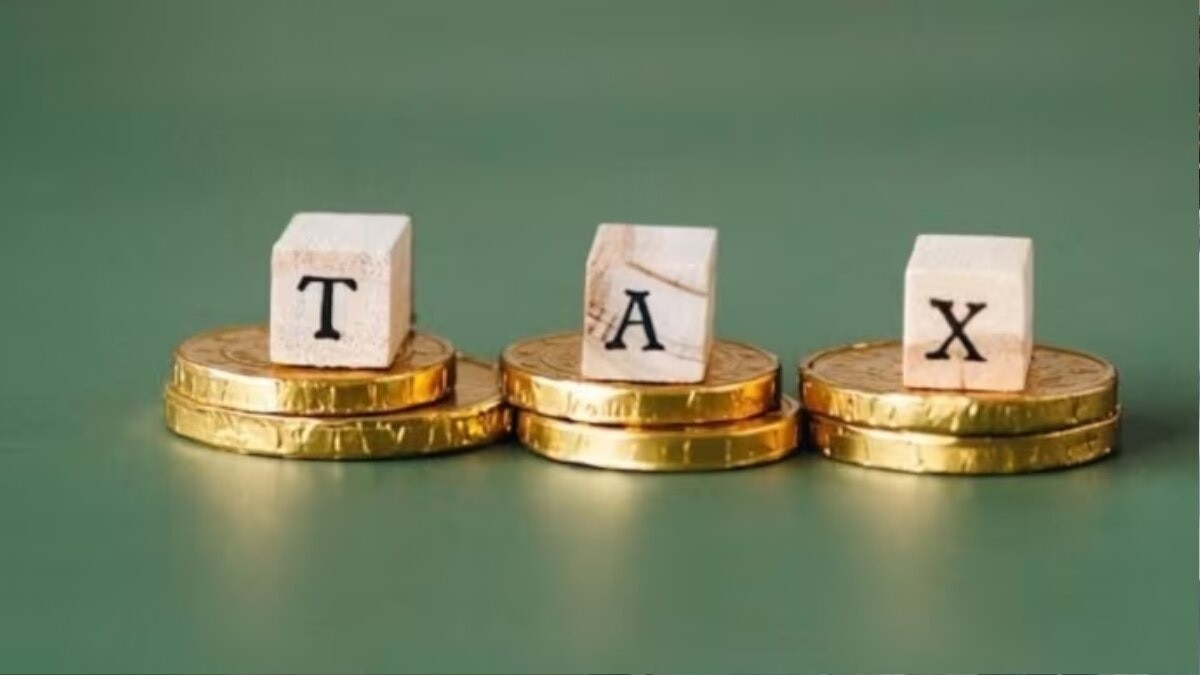‘22.6% of income’: Why Thomas Piketty thinks India must tax its super rich now
French economist Thomas Piketty has called on India to tax the super-rich, citing alarming levels of inequality.Speaking at an event organized by the Delhi-based think tank RIS and the Delhi School of Economics, the author of Capital in the 21st Century urged India to comply with the G20 finance ministers’ July resolution. the promise to work together to tax the world’s greatest wealth.
“India needs to be proactive in taxing the rich,” Piketty said, proposing a 2% wealth tax on individuals with assets above 100 million rubles ($1.18 million) and a 33 percent inheritance tax on assets above the same threshold measures could generate additional revenues equivalent to 2.73% of India’s GDP annually.
The wealth concentration of India’s richest people has exceeded that of wealthier countries. Citing the 2024 Global Inequality Lab report he co-authored, Piketty found that the top 1% of India’s population controls 22.6% of the national income and 40.1% of the country’s wealth. %, which is higher than in the USA and Brazil.
This concentration has helped boost the fortunes of India’s elite, with the cumulative wealth of India’s 100 billionaires rising by more than $300 billion to $1.1 trillion in the past year, largely driven by a boom in the stock market, according to Forbes.
India abolished its wealth tax in 2015 and has resisted calls to restore it. Finance Minister Nirmala Sitharaman has spoken out against the inheritance tax, citing the potential burden on the middle class. Anantha Nageswaran echoed this sentiment at the same event, warning that higher taxes could lead to capital flight.
As the debate over wealth inequality and taxation heats up, Piketty’s call highlights the growing tension between tackling economic inequality and protecting economic growth.





